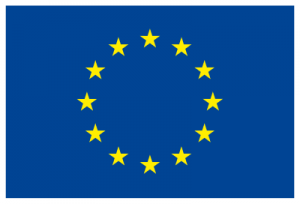EU context
Collective licensing is a mechanism whereby collecting societies are given a mandate by their members to licence specified uses of copyright protected works to third parties. These works are made available via blanket licences which apply to a particular class of user (such as schools) and for a specific type of use (such as photocopying). Collecting societies are regulated under EU law to ensure good governance. To date, licences are limited to individual territories. A current EU proposal suggests a multi-territorial approach for on-line music licences.
Extended collective licensing is a form of collective licensing where the collecting society licences third parties to use categories of works for specified uses in return for a payment for the copyright owner. They often represent all rights owners on a non-exclusive basis for a specific category of work even though only a majority of rights holders are members of the scheme. Some laws allow for an opt-out for the right holder. Non-members need to be treated in the same way as member of the scheme
The most developed schemes are found in the Nordic countries and cover TV and radio broadcasting, on-demand services and mass digitisation by libraries. The UK has recently consulted on draft regulations that would introduce a limited extended collective licensing scheme in the UK. This will be most useful for those organisations with large archives and where clearance is costly.

